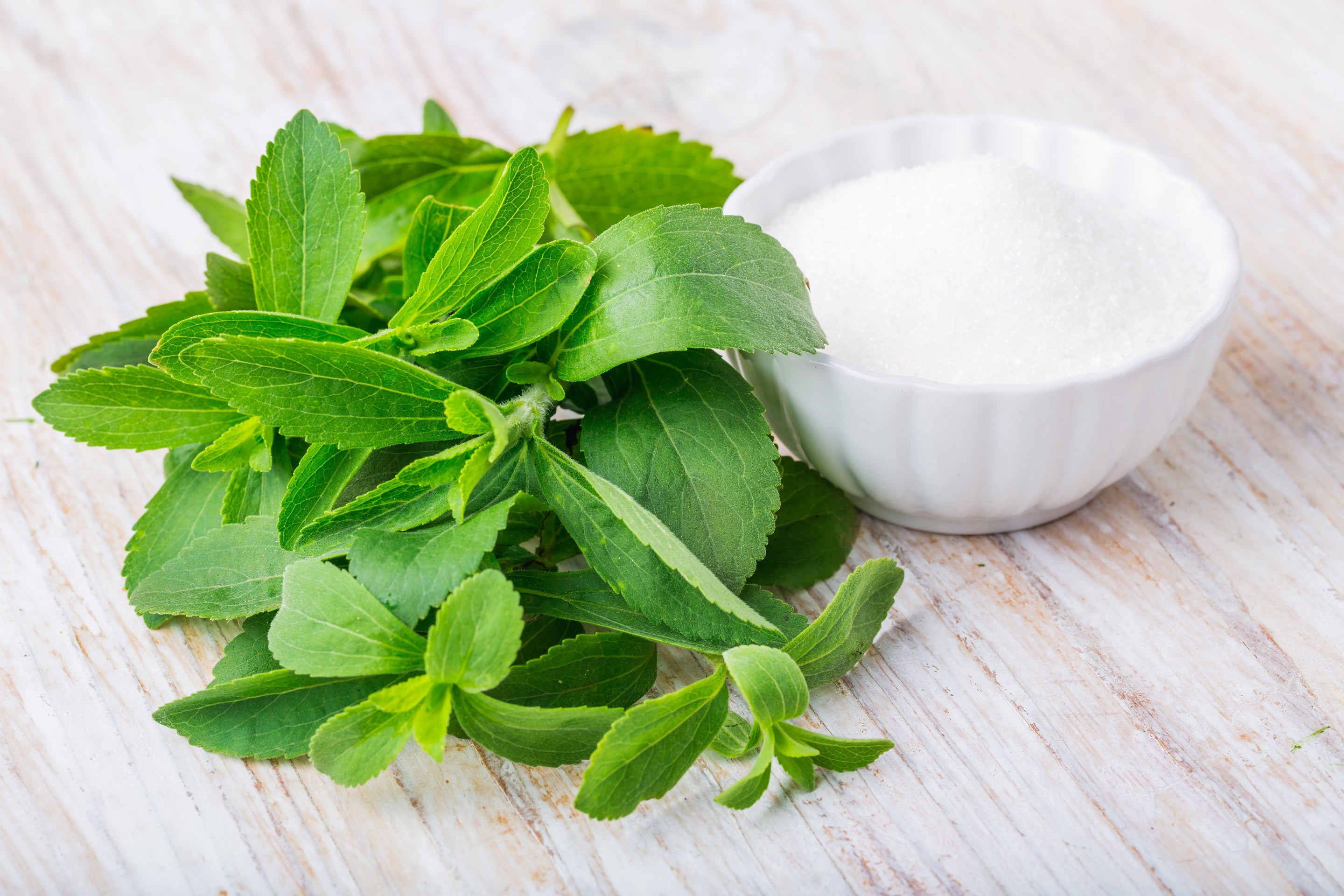Diets that try to minimize carbohydrate intake and insulin spikes, such as the ketogenic diet, do so by eliminating sugar additives (even natural and organic sugars like sucanat) from your diet. If this is you, then you’ve undoubtedly discovered stevia. Stevia is an herb that is sweet but does not lead to an insulin spike because it has no natural sugar in it.
While you may know this, you probably don’t know that not all brands of stevia are created equal. For example, Stevia In The Raw has dextrose in it. Dextrose is one of the two biochemical forms of glucose. Often made from corn, dextrose is the D isomer of glucose and is synonymous with D-glucose.
Additionally, many “stevia” brands have erythritol. Erythritol is a sugar alcohol that is 70 percent as sweet as sugar. It is not completely digested and therefore has a limited effect on blood sugar levels. Five grams of erythritol has just 1 calorie. While this sounds good, it may not be if the erythritol is made from GMO cornstarch.

Because of erythritol having some calories and because of the difficulty in determining its source, products with 100% stevia are preferred, like Sweet Leaf. Look for buzz phrases like “100% Stevia Powder” and avoid brands that say “Stevia Blend”. If in doubt, check the nutritional facts on the back.

If you bake or are conscientious about sugar, a wonderful resource is the book
Sweetness Without Sugar found on Amazon.







1 Comment
Stevia gives me a headache. Do you know why this would be?
What do you think about monk fruit? I know some brands have erythritol and would be subject to the problem you listed. What about straight monk fruit?
Thanks,
Beth